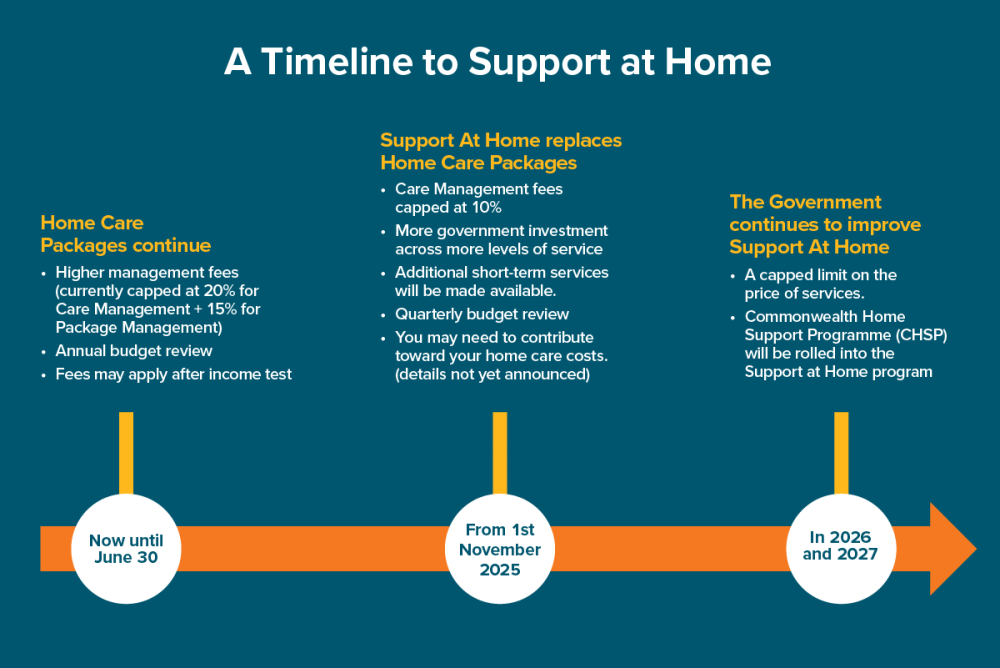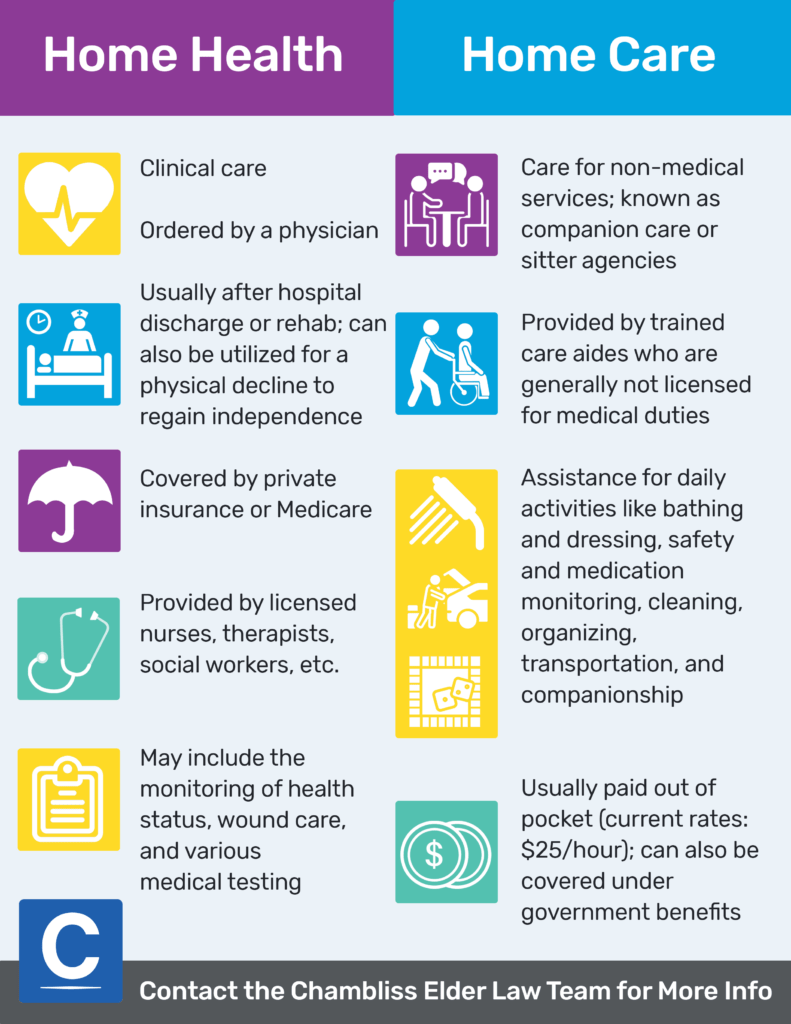Top 7 questions to ask when evaluating home care providers for disability services
Top 7 questions to ask when evaluating home care providers for disability services
Blog Article
Everything About Home Care Providers for People With Disabilities: NDIS Registered Support
Home treatment services under the NDIS play a critical duty in supporting people with handicaps. These services are designed to improve everyday living via tailored support, ranging from individual treatment to movement assistance. Comprehending just how to browse these options can be intricate. This introduction checks out the numerous elements of NDIS home treatment, from offered solutions to the choice of providers, highlighting necessary factors to consider for those seeking assistance. The trip toward encouraged treatment starts right here.
Understanding the NDIS and Its Purpose
The National Handicap Insurance Coverage Plan (NDIS) functions as a transformative framework designed to supply assistance and services for people with impairments. Established to boost the high quality of life and assurance equitable access to essential resources, the NDIS encourages individuals by offering individualized plans customized to their special needs. It aims to promote freedom, making it possible for people to pursue their individual objectives and aspirations.Through an organized method, the NDIS allots funding for different assistances, including education and learning, employment assistance, and neighborhood involvement. This all-inclusive plan not only concentrates on prompt treatment but also stresses long-lasting developmental end results. By advertising selection and control, the NDIS motivates individuals to select their recommended company, ensuring that care aligns with their worths and preferences. Ultimately, the NDIS represents a considerable commitment to enhancing the lives of individuals with disabilities, cultivating inclusivity, and developing a much more helpful culture.
Sorts Of Home Care Services Available
Numerous kinds of home care services accommodate individuals with disabilities, mainly concentrating on personal care assistance and respite care alternatives. Individual treatment assistance offers essential assistance with day-to-day activities, while respite treatment offers short-lived alleviation for primary caregivers. Recognizing these services is crucial for making certain the well-being of both individuals with specials needs and their family members.
Personal Care Aid
While steering every day life can present difficulties for individuals with disabilities, individual treatment support supplies essential support tailored to their unique demands. This sort of home treatment service encompasses a variety of tasks made to advertise freedom and improve lifestyle. Individual care aides help with day-to-day jobs such as bathing, clothing, grooming, and toileting, making sure people keep personal health and comfort. They may additionally assist with meal prep work, medicine monitoring, and movement assistance. By offering customized treatment, these specialists empower individuals to involve even more completely in their social tasks and daily regimens. Generally, individual care support plays a substantial function in cultivating self-respect and freedom for those with handicaps, enabling them to prosper in their home atmosphere.

Break Treatment Options
Reprieve treatment functions as a necessary source for households and caregivers of people with impairments, supplying short-term alleviation from the demands of everyday caregiving. This sort of service can take numerous forms, consisting of at home reprieve care, where experienced experts see the home to assist with care jobs. Additionally, family members may select facility-based respite treatment, where people receive care in a specific atmosphere, permitting caretakers to take a break. Furthermore, some companies offer emergency respite solutions for unanticipated conditions. These options not only assist ease caretaker stress however likewise promote the wellness of individuals with impairments by providing them new experiences and social communication. Generally, reprieve care plays a critical duty in sustaining both caretakers and those they take care of.

Just How to Gain Access To NDIS Home Care Providers
Accessing NDIS home treatment services entails recognizing the eligibility criteria established forth by the National Special Needs Insurance Coverage Scheme. People must navigate a structured application procedure to protect the essential assistance tailored to their demands. This section will clear up both the qualification requirements and the steps associated with obtaining services.
Eligibility Requirements Discussed
To qualify for NDIS home care solutions, individuals must meet certain qualification criteria that assess their situations and requirements. First, applicants have to be aged in between 7 and 65 years and have a irreversible and considerable handicap that impacts their ability to carry out daily activities. Additionally, they should be an Australian person, a long-term homeowner, or hold a Protected Unique Classification Visa. The NDIS needs proof of the handicap, usually with clinical evaluations or reports. Moreover, individuals should demonstrate that they need support to take part in financial and social life. These criteria guarantee that solutions are routed towards those that truly need aid, promoting independence and improved high quality of life for people with specials needs.
Application Process Steps
Can I Choose My Own Assistance Employees With NDIS?
The private asked whether they might pick their own support workers under the NDIS structure. Usually, participants have the adaptability to pick assistance workers, fostering personalized treatment that straightens with their certain needs and preferences.
What Happens if My Requirements Change After Getting Assistance?
They must connect these modifications to their service company if a person's requirements adjustment after obtaining assistance. Adjustments can be made to the treatment strategy, ensuring that the support stays reliable and appropriate for their conditions.

Are There Limits on How Several Hours of Treatment I Can Get?
The private asked regarding potential limitations on the number of treatment hours received. Normally, such limitations may exist based on certain plans or funding arrangements, highlighting the value of evaluating standards and arrangements on a regular basis.
Can I Use NDIS Financing for Home Adjustments?
The inquiry of making use of financing for home modifications develops often. Generally, individuals might utilize NDIS financing for necessary alterations to their homes, making sure ease of access and safety, contingent upon conference certain qualification standards and standards.
How Do I Deal with Complaints About My Home Treatment Services?
To address complaints regarding home care services, individuals need to first record their issues. They can interact straight with their solution copyright, looking for resolution, or rise the problem to relevant oversight bodies if required. Home care services under the NDIS play an essential role in sustaining individuals with specials needs. Numerous types of home treatment services cater to people with impairments, primarily concentrating on personal care assistance visit and reprieve care choices. home care providers. Personal care support provides vital support with everyday tasks, while respite treatment offers short-lived alleviation for primary caregivers. Households might opt for facility-based respite treatment, where people get treatment in a specific setting, permitting caretakers to take a break. Just how can households effectively handle the monetary facets of home treatment solutions for individuals with handicaps?
Report this page